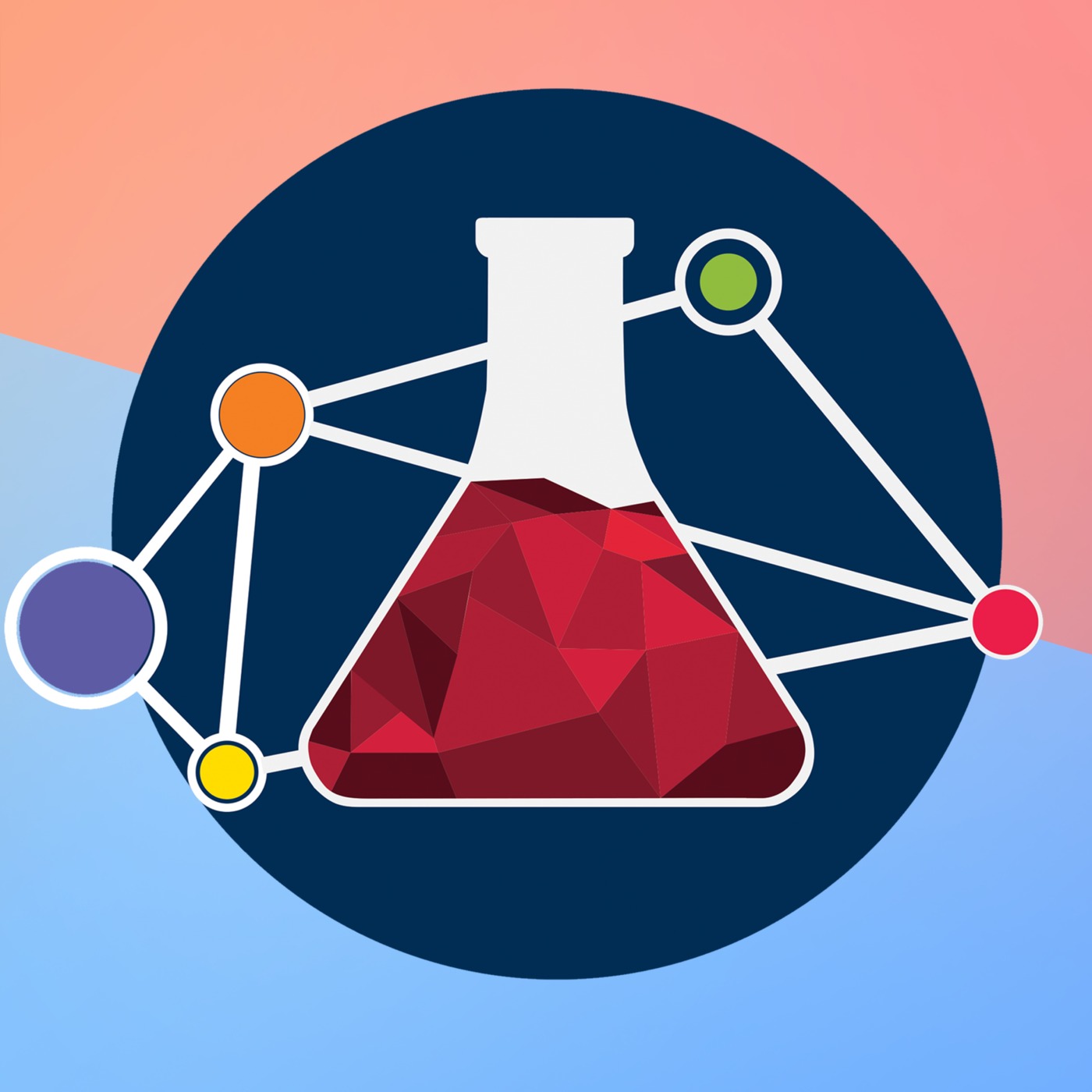Global Health in the Time of COVID - ft. Maeve Forster, Alexandra Keir, Jane Fieldhouse, and Dr. Lucia Abascal
Description
Global Health in the Time of COVID is a miniseries from the Institute for Global Health Sciences at UCSF produced by Carry the One Radio. Each week, we speak to health experts at UCSF to learn more about them, their work, and how the COVID-19 pandemic has changed their practice and research.
In this week's episode, we talk to Alexandra Keir, Jane Fieldhouse, Dr. Lucia Abascal, and Maeve Forster, who are students and staff in the UCSF Global Health Sciences program. Since March, they have been working as part of the team behind Research Watch, a project to rapidly summarize new COVID-19 research and communicate it to healthcare workers, scientists, and policy makers. In our interview, we discuss the project, the challenges associated with staying up to date in an ever-changing field, the differences between responses to COVID-19 across the globe, and the major takeaways of the research that's been done so far.
To learn more about Research Watch and sign up for their newsletter, head to https://globalhealthsciences.ucsf.edu/covid-19/ucsf-ighs-covid-19-research-watch
This interview took place on May 20th, 2020 and reflects the state of the news and scientific literature at that time.
This episode was produced by Katie Cabral and Ben Mansky. Music used in this episode: Slow Lane Lover and Hundred Mile by Blue Dot Sessions. News clips used in the introduction are courtesy of Cleveland Clinic via the CDC.
More Episodes
In the epic battle against scientific fraud, a courageous assembly of researchers stood united and rebelled against the dark forces of data manipulation and fabrication. Armed with powerful forensic and statistical tools, these heroes sought to vanquish all that is deceitful and guide the...
Published 03/18/24
Carry the One Radio alum and recent UCSF Neuroscience graduate Dr. Anna Lipkin is on the other side of the mic to talk about how overlooking tiny aspects of the neuron lead to surprising gaps in what we know about the cells that make up our body.
Published 02/19/24
Published 02/19/24


